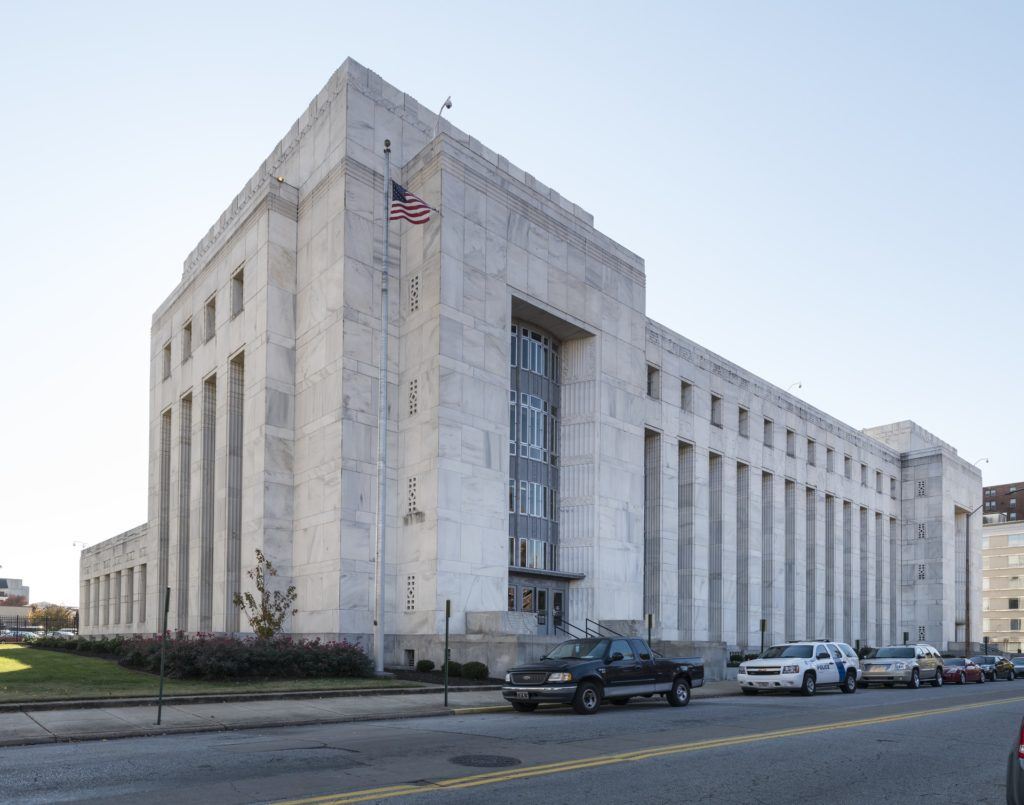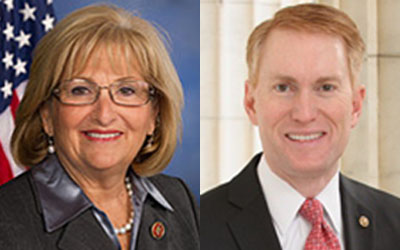
NASHVILLE (BP) – The Southern Baptist Convention’s ethics entity welcomed a federal court’s July 15 decision that blocks enforcement of federal guidelines that require schools to permit students to use the restrooms and locker rooms, as well as to compete on sports teams, of their gender identity instead of their biological sex.
Charles Atchley, a federal judge in the Eastern District of Tennessee in Chattanooga, issued a preliminary injunction that prevents the Department of Education (DOE) and Equal Employment Opportunity Commission (EEOC) from enforcing 2021 guidelines in support of transgender rights while a lawsuit by 20 states is resolved in the courts. The Biden administration rules surpassed the limits of a 2020 decision on gay and transgender rights by the U.S. Supreme Court, Atchley ruled.
Under the direction of an executive order by President Biden, the DOE issued guidance in June 2021 regarding Title IX, a law which forbids discrimination on the basis of sex in federally funded education programs. In a change from the department’s previous policy, the guidance said DOE “will fully enforce Title IX to prohibit discrimination based on sexual orientation and gender identity in education programs and activities that receive” federal money.
The EEOC released a document the same month that offered examples of employer behavior that would be considered illegal discrimination. The document “purports to explain employers’ obligations with respect to dress codes, bathrooms, locker rooms, showers, and use of preferred pronouns or names,” according to Atchley’s opinion.
The DOE and EEOC were guilty of overreach, however, in their interpretations of a 2020 decision by the Supreme Court in favor of gay and transgender rights in federal workplace law, Atchley said. The 6-3 ruling in Bostock v. Clayton County said the category “sex” in Title VII of the 1964 Civil Rights Act covers “sexual orientation” and “gender identity.”
Brent Leatherwood, acting president of the Ethics & Religious Liberty Commission, told Baptist Press in written comments, “Fifty years ago, Title IX was signed into law by President Nixon to ensure that no person is discriminated against on the basis of sex for any education program receiving federal funding. Despite the demonstrable benefits of this, some activists with an agenda have arrived at a place where those advances aren’t sufficient, all because they want to keep up with culture’s ever-changing definition of biological sex.
“This is no way to conduct public policy-making and, more alarmingly, will have the effect of rolling back all the good that has been done to ensure men and women have equal opportunity to participate in educational institutions and activities,” Leatherwood said.
Messengers to the SBC’s 2014 meeting spoke to the biblical view of the issue. They approved a resolution titled “On Transgender Identity” that affirmed “God’s good design that gender identity is determined by biological sex and not by one’s self-perception.”
Tennessee’s Herbert Slatery, one of 20 state attorneys general to sue the federal entities, said Atchley “rightly recognized the federal government put Tennessee and other states in an impossible situation: choose between the threat of legal consequences including the withholding of federal funding – or altering our state laws to comply.”
In a written statement, Slatery expressed his gratitude the federal court “put a stop to it, maintained the status quo as the lawsuit proceeds, and reminded the federal government it cannot direct its agencies to rewrite the law.”
The Human Rights Campaign (HRC) – a leading advocacy organization for lesbian, gay, bisexual, transgender and queer (LGBTQ) rights – criticized the ruling. HRC is “disappointed and outraged … in yet another example of far-right judges legislating from the bench,” said Joni Madison, the organization’s interim president.
In his opinion, Atchely said the Supreme Court “was careful to narrow the scope of its holding” in the Bostock decision. “It “did not ‘sweep beyond Title VII to other federal or state laws that prohibit sex discrimination,’ nor did its “decision ‘purport to address bathrooms, locker rooms, [dress codes] or anything else of the kind,’” he wrote.
Tennessee and the other states that brought suit “can show that the [DOE’s] guidance creates rights for students and obligations for regulated entities not to discriminate based on sexual orientation or gender identity that appear nowhere in Bostock, Title IX, or its implementing regulations,” according to Atchley’s opinion. “The EEOC’s guidance identifies and creates rights for applicants and employees that have not been established by federal law.”
The states that challenged the federal guidelines “have sovereign interests in enforcing their duly enacted state laws” and “have carried their burden to show irreparable harm,” Atchely wrote in explaining his grant of an injunction. President Trump nominated Atchley in 2020.
Atchley cited Tennessee as an example of the states with laws contradicted by the federal guidelines. Tennessee law says participation by a public middle school or high school student in athletics “must be determined by the student’s sex at the time of the student’s birth.” The state also gives students, teachers and employees “a cause of action against a school that ‘intentionally allow[s] a member of the opposite sex to enter [a] multi-occupancy restroom or changing facility while other persons [are] present,’” Atchley wrote.
Joining Tennessee in challenging the federal guidelines were Alabama, Alaska, Arizona, Arkansas, Georgia, Idaho, Indiana, Kansas, Kentucky, Louisiana Mississippi, Missouri, Montana, Nebraska, Ohio, Oklahoma, South Carolina, South Dakota and West Virginia.






















